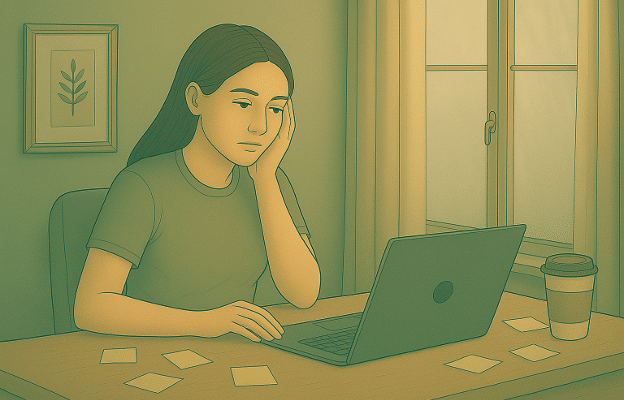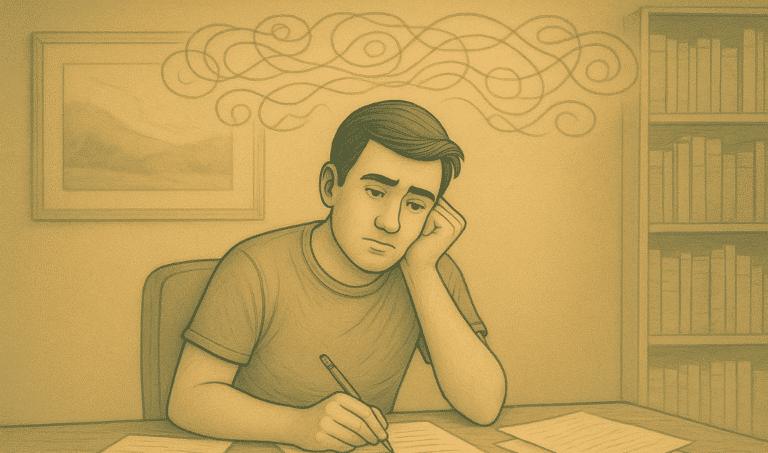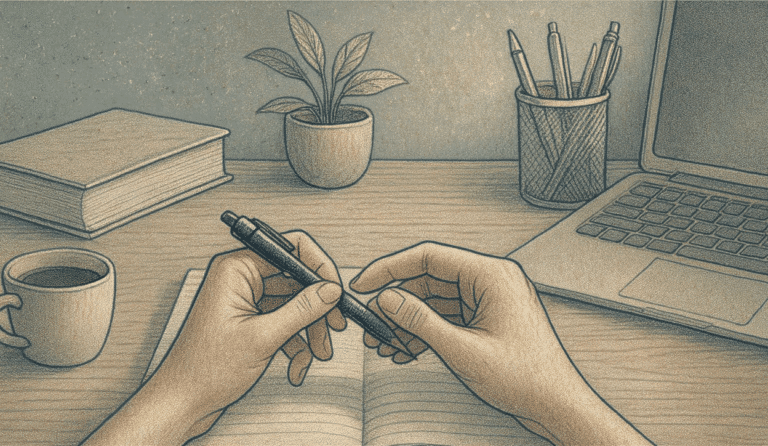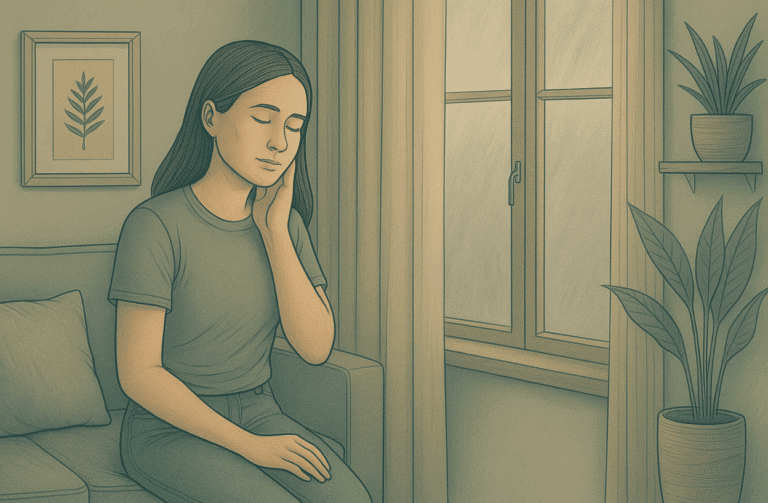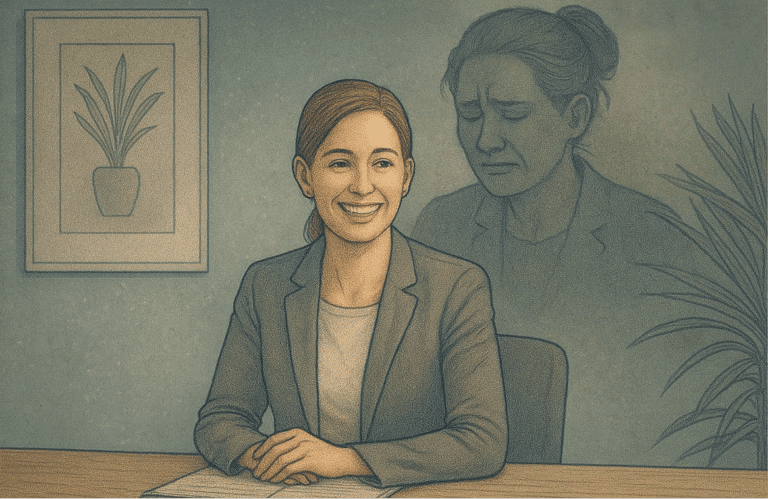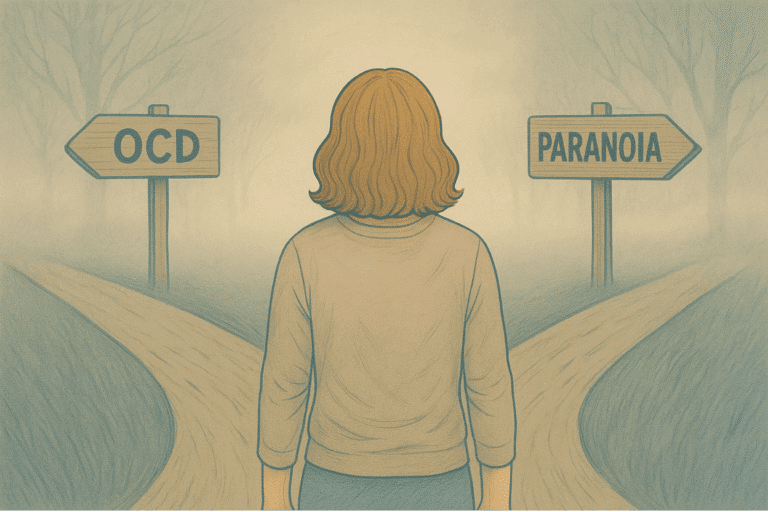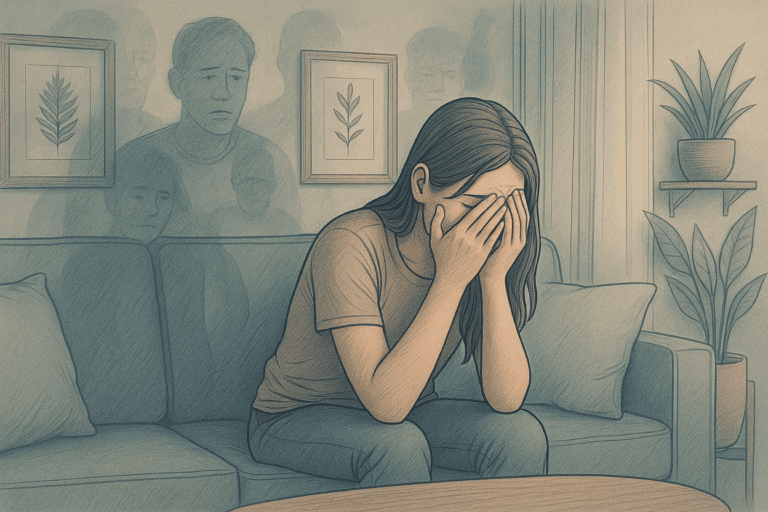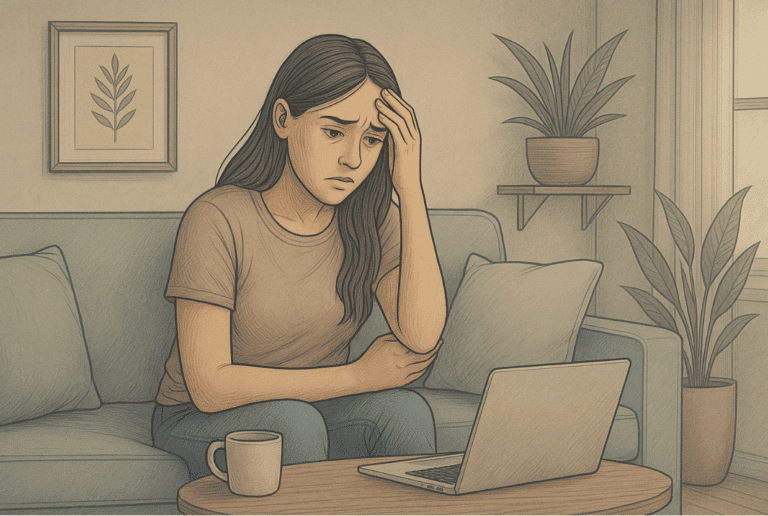Learn how ADHD affects motivation, strategies to boost focus, and how AMFM’s personalized programs support lasting productivity and well-being.

September 8, 2025
Authored by: Carolina Barnum, B.A.
Edited by: Angeleena Francis, LMHC
Learn if social anxiety is neurodivergent, its impact on identity, treatment approaches, and how AMFM offers compassionate care.

September 4, 2025
Authored by: Leigh Shane,
Edited by: Kristian Concepcion, AMFT
Learn how overthinking affects your brain, fuels depression, and find practical techniques to regain control of your thoughts and emotions.

September 4, 2025
Authored by: Carolina Barnum, B.A.
Edited by: Rey-Phillip Genaldo, LMFT
Learn if constant fidgeting signals anxiety. See common examples and practical techniques to manage restless behaviors and reduce anxiety symptoms.

September 4, 2025
Authored by: Leigh Shane,
Edited by: Isaac Reed, AMFT
Jaw pain and tension are often linked to anxiety. Learn mindful exercises, stress management, and therapy-based solutions for lasting comfort.

September 2, 2025
Authored by: Leigh Shane,
Edited by: Anand Mehta, LMFT
Learn about the 5 signs of high-functioning BPD, how they impact relationships, and ways treatment like DBT can support lasting stability.

August 28, 2025
Authored by: Leigh Shane,
Edited by: Isaac Reed, AMFT
Find out the differences and overlap between OCD and paranoia, their impact on daily life, and strategies for effective treatment and support.

August 28, 2025
Authored by: Carolina Barnum, B.A.
Edited by: Eric Schlothan, LCSW
Learn proven techniques to stop PTSD episodes with grounding methods, breathing exercises, and professional treatment options that restore control.

August 27, 2025
Authored by: Carolina Barnum, B.A.
Edited by: Rey-Phillip Genaldo, LMFT
Learn key differences between PTSD vs Acute Stress Disorder, symptoms, and treatment options to understand trauma recovery paths.

August 27, 2025
Authored by: Leigh Shane,
Edited by: Angeleena Francis, LMHC






